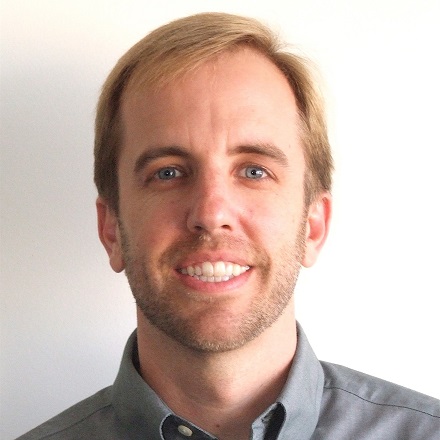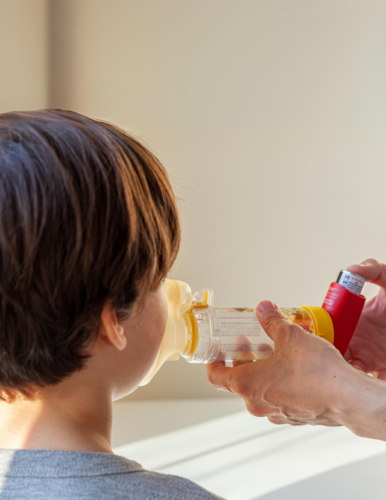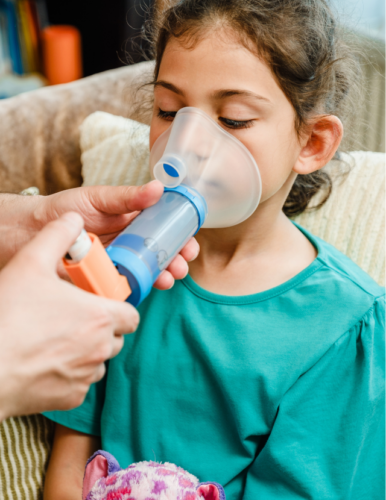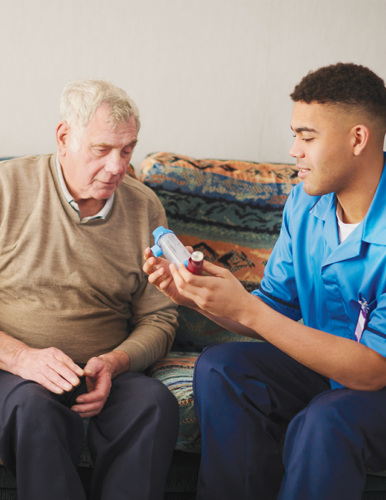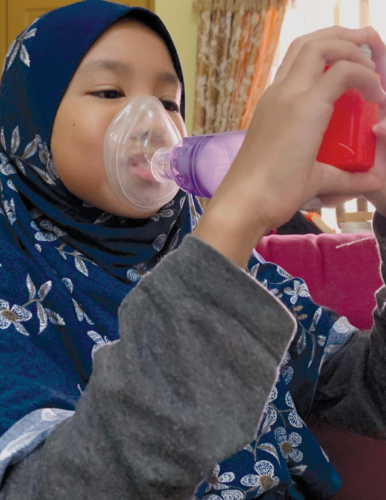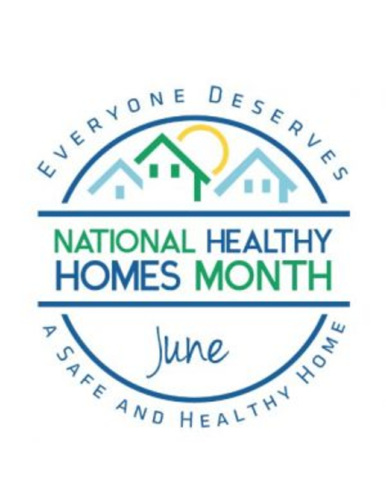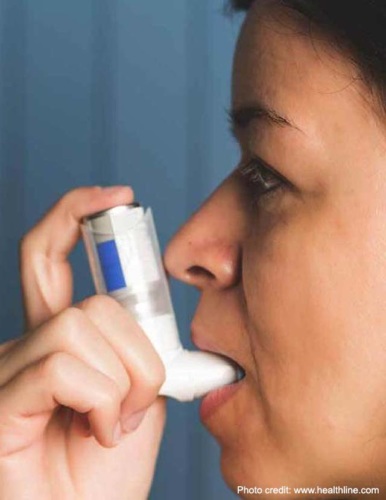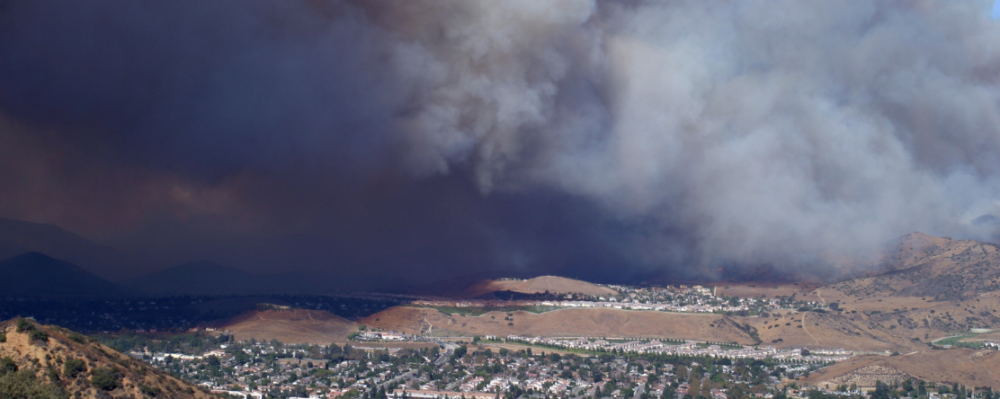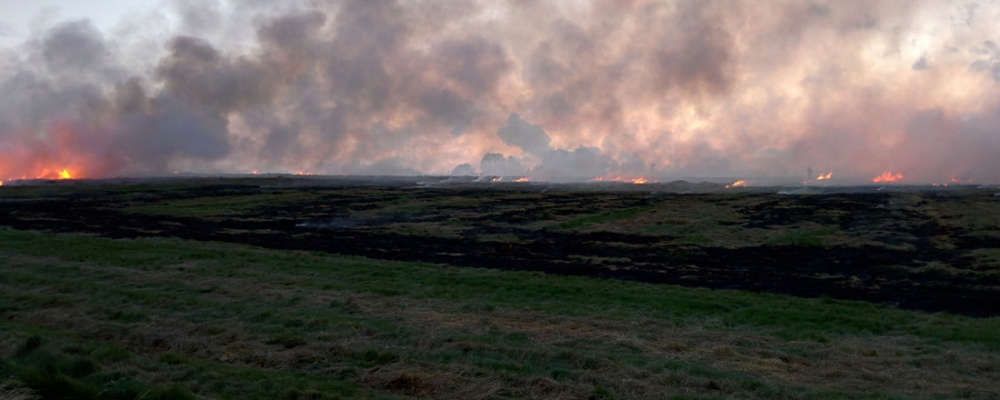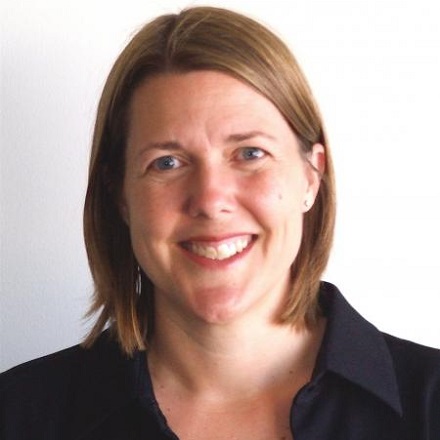
Regional Asthma Management and Prevention Program
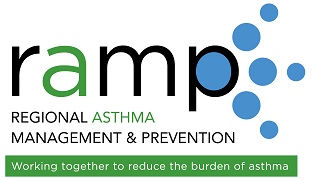
RAMP’s mission is to reduce the burden of asthma with a focus on health equity. Emphasizing both prevention and management, we build capacity, create linkages, and mobilize networks to advocate for policy and systems changes targeting the root causes of asthma disparities.
-
Focus Areas
Capacity Building & Leadership, Chronic Disease Prevention, Environmental Health, Healthy Communities -
Issues
Asthma, Community Benefit, Wildfires & Extreme Heat -
Expertise
Coalition & Network Building, Public Policy Advocacy -
Strategic Initiatives
COVID-19
Our Impact
See all Regional Asthma Management and Prevention Program Impacts

- 11M CA renters protected from mold & pesticides
- $15M secured for asthma home visiting services in CA
- 6.8M renters in multi-unit rental housing with better protections from mold, cold and pests, thanks to AB 548 sponsored by RAMP
Projects
Completed Projects
- Racial and Ethnic Approaches to Community Health
-
From 2007-2012, RAMP was designated a Center of Excellence in the Elimination of Disparities under a grant from the U.S. Centers for Disease Control’s REACH-US Program (Racial and Ethnic Approaches to Community Health). The project focused on a comprehensive approach to reduce asthma disparities among African-Americans and Latinos in the San Francisco Bay Area.
- Support Schools and School-based Health Centers in a Comprehensive Approach to Asthma Management
-
RAMP brings together school stakeholders to share lessons learned and document best practices. RAMP supports school-based health centers across the country in reducing environmental asthma triggers. RAMP has developed tools, conducted trainings, and currently leads learning collaboratives.
- Advance Comprehensive Policies on Housing Quality, Affordability and Tenant Protections
-
RAMP advocates for safe and healthy housing for all Californians through: leadership of the California Healthy Housing Coalition, development of policies to promote a comprehensive approach to healthy housing, and partnerships with affordable housing developers to reduce pest infestations without the use of harmful pesticides. RAMP also works to advance a comprehensive approach to housing instability with health equity as a unifying concept.
- Shape Policies to Reduce Air Pollution in Inequitably Burdened Communities
-
RAMP focuses on the inequitable impact of air pollution on low-income communities and communities of color. RAMP addresses diesel pollution from the freight transportation sector, including ports, railyards, freeways and distribution centers. RAMP is currently conducting an assessment of the air quality and public health impacts of automating the freight sector. RAMP also advocates for policies that address cumulative impacts, meaning the combined impact of pollution from multiple sources.
- Advocate for the Inclusion of Prevention-Oriented Asthma Services in Medi-Cal Coverage and Support Asthma Home Visiting Services
-
RAMP advocates for the inclusion of asthma home visiting services for Medi-Cal beneficiaries with poorly controlled asthma, and supports asthma home visiting programs through technical assistance. RAMP leads the California Asthma Financing Workgroup, which brings together stakeholders advocating for this shared goal. RAMP also convenes Community Health Workers and others providing asthma education to vulnerable communities in diverse settings for ongoing capacity-building workshops.
- Lead Community Action to Fight Asthma (CAFA)
-
Community Action to Fight Asthma (CAFA) is California’s only network dedicated to professionals working on asthma. CAFA provides opportunities for asthma coalitions and other stakeholders to benefit from peer learning and to create a unified voice on state level policy change.
- Increase Public Health Engagement in Climate Change
-
RAMP partnered with other Pubic Health Institute leaders to develop a framework aimed at encouraging public health professionals to incorporate climate change into their existing work. RAMP also supported local projects demonstrating ways to connect climate change and public health.
- Expand Systems to Sustain In-home Environmental Asthma Interventions
-
Building on past successes in developing tools and providing direct Technical Assistance (TA), Regional Asthma Management and Prevention (RAMP), a project of the Public Health Institute (PHI), and the National Center for Healthy Housing (NCHH) will collaborate with the EPA to achieve the outcomes of: 1) Increase the number of State environmental, public health, and Medicaid programs working collaboratively to support in-home asthma interventions; 2) Increase the number of health plans serving Medicaid populations that reimburse in-home interventions; 3) Build state, tribal, and local capacity to deliver and sustain in-home environmental asthma interventions through technical assistance and training. The proposed scope of work is designed to reflect the strong evidence base and proven best practices from the asthma field. Equally important, the scope of work also reflects evolving current issues including the COVID-19 pandemic, the rise of telehealth and the increased engagement of Community Health Workers across the health care sector.
- Residential Air Purifiers: Product Performance and Safety
-
Portable air purifiers marketed to protect against wildfire smoke vary widely in cost, performance and safety. Some are safe and effective; others have little effect; still others emit toxic ozone into indoor air. While there are regulations to keep ozone-generating machines from being sold in California, and there are some existing consumer resources, our needs survey has identified major gaps. PHI proposes to: (1) Prepare and disseminate educational materials to guide organizations serving low-income consumers and non-English speakers toward effective and affordable portable air purifiers, and (2) Support regulatory agencies in identifying and taking action against companies selling hazardous ozone-generating air purifiers in California. This project is co-led by PHI's Anne Kelsey Lamb and Dr. Gina Solomon.
- Partnering with the Air District to Provide Air Cleaners to People with Asthma in the Bay Area
-
RAMP is partnering with the Bay Area Air Quality Management District and seven asthma home visiting programs in the Bay Area to distribute air cleaners (also known as air purifiers) to low-income residents with poorly controlled asthma. The asthma home visiting programs provide the air cleaners to their clients along with education on how to use and maintain the air cleaner as part of a comprehensive approach to asthma management. RAMP is serving as a liaison for distribution and data collection, developing educational materials, and writing a case study to document best practices and lessons learned.
- Healthy and Safe Air Cleaners
-
Building on a one-year project in which we developed guidance for asthma programs on selecting safe and healthy air cleaners, this project aims to reduce the use of air cleaners that may actually be harmful to health. We will educate policymakers about the potential harm of unsafe air cleaners currently allowed for sale in California and the health benefits of stronger policies. We will also work on stronger regulations and more effective enforcement of current regulations. This project is co-led by PHI's Anne Kelsey Lamb and Dr. Gina Solomon.

Work With Us
You change the world. We do the rest. Explore fiscal sponsorship at PHI.
Support Us
Together, we can accelerate our response to public health’s most critical issues.
Find Employment
Begin your career at the Public Health Institute.
